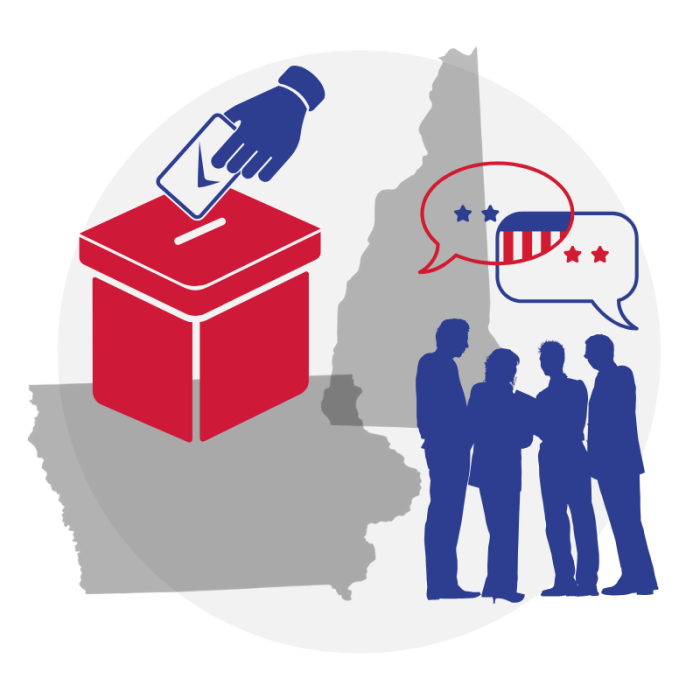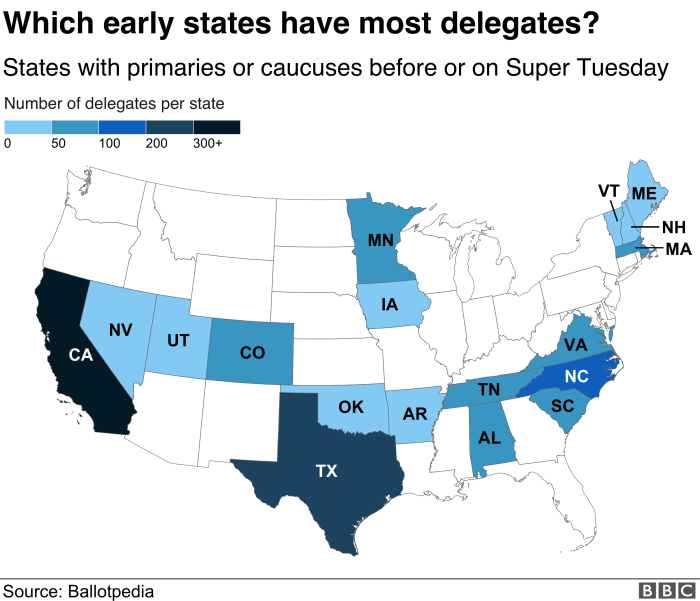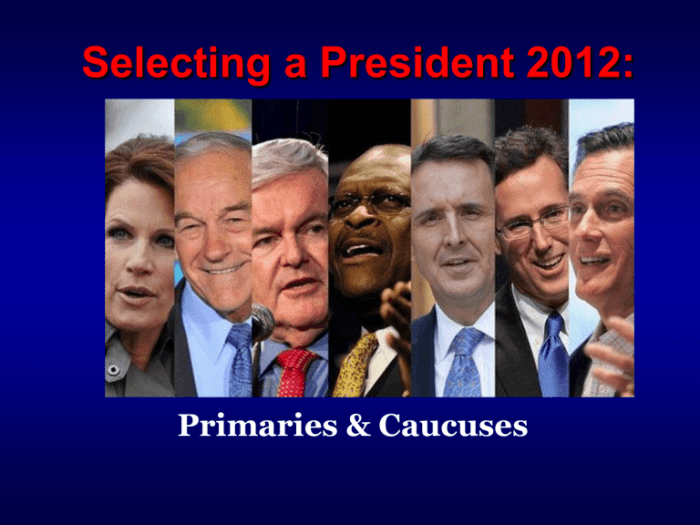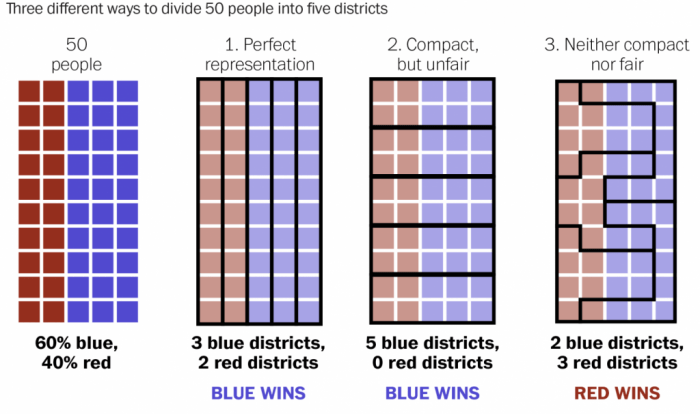What disadvantages do primaries and caucuses offer to voters? This is a question that has been asked by many people, especially in recent years. Primaries and caucuses are the two main methods of selecting candidates for president in the United States, and they have been criticized for a number of reasons.
Some of the most common criticisms include limited participation, lack of representation, time constraints, cost and logistics, and potential for manipulation.
In this article, we will discuss the disadvantages of primaries and caucuses in more detail. We will provide data and examples to support our claims, and we will offer some suggestions for how to improve these processes.
Disadvantages of Primaries and Caucuses

Primaries and caucuses are often used to select candidates for public office, but they have several disadvantages that limit their effectiveness in representing the preferences of the broader electorate.
Limited Participation
Primaries and caucuses have significantly lower voter turnout compared to general elections. In the 2020 Democratic primaries, for example, only about 30% of eligible voters participated, while in the general election, over 66% of eligible voters cast ballots.
Lack of Representation
The delegate selection process in primaries and caucuses can lead to misrepresentation of the electorate’s preferences. Delegates are often selected by party insiders or activists who may not accurately reflect the views of the broader electorate.
Time Constraints
Primaries and caucuses can be time-consuming for both voters and candidates. Voters must attend caucuses or polling places on specific dates and times, which can be inconvenient for those with busy schedules. Candidates must spend months campaigning and attending events, which can be a significant financial and time burden.
Cost and Logistics, What disadvantages do primaries and caucuses offer to voters
Running primaries and caucuses is expensive and logistically challenging. The cost of organizing and staffing polling places, printing ballots, and counting votes can be substantial. Additionally, caucuses require volunteers to organize and facilitate the process, which can be difficult to secure.
Potential for Manipulation
Primaries and caucuses are vulnerable to manipulation and fraud. The lack of transparency and accountability in the delegate selection process can make it difficult to detect and prevent irregularities.
FAQ Summary: What Disadvantages Do Primaries And Caucuses Offer To Voters
What are the main disadvantages of primaries and caucuses?
The main disadvantages of primaries and caucuses include limited participation, lack of representation, time constraints, cost and logistics, and potential for manipulation.
How can we improve primaries and caucuses?
There are a number of ways to improve primaries and caucuses, including increasing voter turnout, making the delegate selection process more transparent, reducing the time and cost of running these processes, and implementing safeguards to prevent manipulation.


